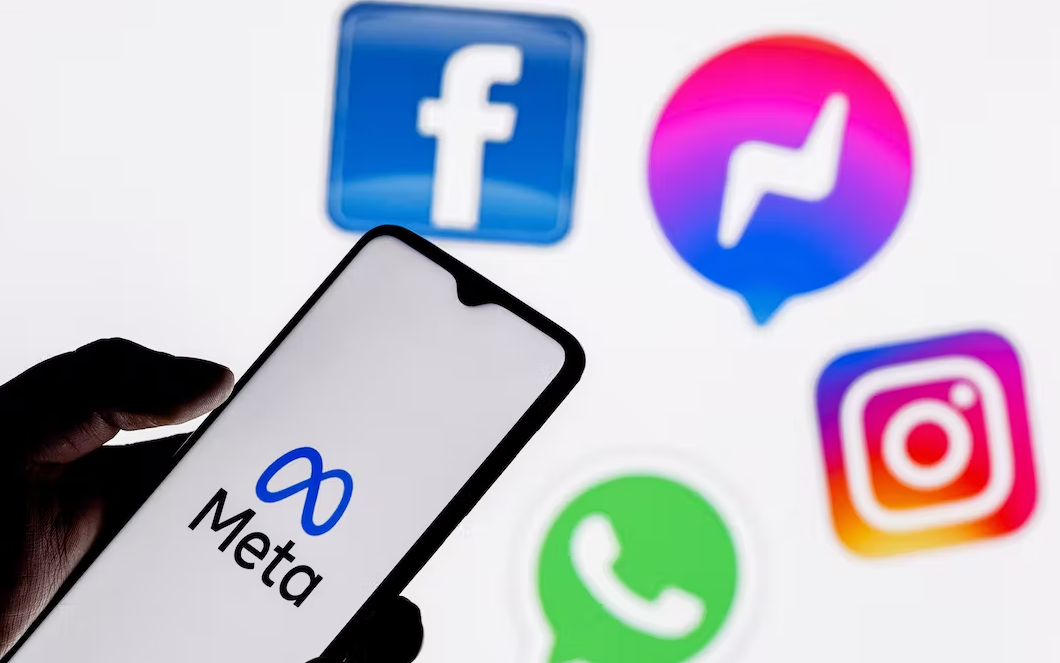Here’s a headline you don’t see every day: Meta has reinstated several pro-life Facebook and Instagram accounts after months of suspension, just days after receiving a stern letter from the legal team at Alliance Defending Freedom (ADF). Yes, you read that right—Mark Zuckerberg’s Meta is backtracking on what many see as blatant censorship of pro-life voices. Could this be a sign of real change or just another PR move? Let’s break it all down.
The accounts in question include those of LifeNews.com, its founder Steven Ertelt, and pro-life advocate Abby Covington. After being suspended for months, these accounts are now back online, thanks to legal pressure and a supposed shift in Meta’s stance on free speech.
Just last week, Zuckerberg made headlines with a video promising “more speech and fewer mistakes” in Meta’s content moderation policies. Among other changes, Meta is ditching its third-party fact-checking program and loosening restrictions on hot-button issues like immigration, gender identity, and—wait for it—political discourse.
For Steven Ertelt, this reversal is long overdue. Back in May, Ertelt’s Facebook account was permanently disabled after he posted a video showing an unborn baby grabbing a doctor’s finger during a C-section. His caption, pointing out the humanity of the unborn child, apparently violated Meta’s Community Standards on “child sexual exploitation.”
Yes, you heard that correctly—a video of a medical procedure aimed at affirming the dignity of life was flagged under the same category as one of the most heinous crimes imaginable. Adding insult to injury, the suspension of Ertelt’s account also took down LifeNews’s Instagram account, as they were linked. Months of lost reach, influence, and income followed.
Abby Covington’s case is equally troubling. The Christian pro-life mom had her accounts disabled after sharing a heartfelt post about her family’s adoption journey and encouraging expectant mothers to choose life. That post, intended to offer hope and support, sparked vile messages from users—and instead of targeting the trolls, Facebook shut down Covington’s accounts. The platform cited violations of its policy on “human exploitation,” a head-scratching rationale that left Covington reeling, particularly as she lost access to not just her personal account but also the accounts for her business ventures.
Enter Alliance Defending Freedom, which stepped in with a letter demanding the reinstatement of these accounts. ADF accused Meta of failing to live up to its own terms of service and violating free speech principles. And it worked. Just days before the requested deadline of January 22, Meta reinstated the accounts. Phil Sechler, senior counsel at ADF, called it “a major step in the right direction,” though he also pointed out that Meta has a long way to go in rebuilding public trust.
The timing of these reinstatements aligns with Zuckerberg’s new push to rebrand Meta as a champion of free expression. But let’s not forget the context: Meta has been hammered for years over allegations of censorship and bias, from suppressing the Hunter Biden laptop story before the 2020 election to flagging posts that fall outside of progressive orthodoxy. For many, this feels less like a sudden awakening to the value of free speech and more like a calculated attempt to rehabilitate Meta’s tarnished image.
The question now is whether this shift will stick. Meta’s announcement to scale back its heavy-handed moderation policies and replace them with a “Community Notes” system (similar to the one used by X, formerly Twitter) has sparked cautious optimism. But as Steven Ertelt and Abby Covington can tell you, the damage of past decisions isn’t easily undone. For months, these individuals and organizations were silenced, losing not only their platforms but also their ability to connect with communities that depend on their messages.


